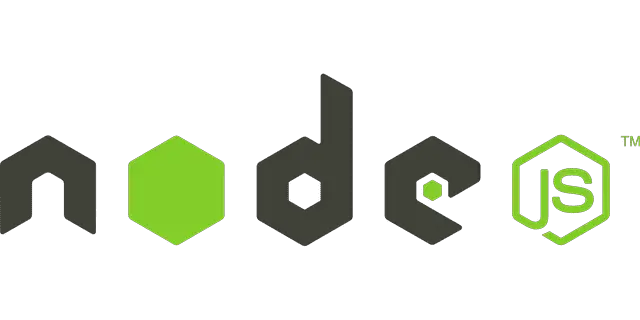
Node.js, the popular JavaScript runtime environment used by millions of developers worldwide, has recently issued security updates targeting multiple high-severity vulnerabilities. These flaws could leave your applications open to attack if not addressed immediately.

- Code Injection and Privilege Escalation (CVE-2024-21892): A significant flaw has been identified in how Node.js applications running on Linux handle environment variables under elevated privileges. This oversight allows unprivileged users to execute code with the same elevated rights, presenting a clear and present danger to the systems’ integrity. All active Node.js release lines are affected, marking a critical concern for the community.
- DoS Attacks through HTTP Request Handling (CVE-2024-22019): Node.js servers are now known to be susceptible to Denial of Service (DoS) attacks due to a vulnerability in processing HTTP requests with chunked encoding. Attackers can exploit this to cause resource exhaustion, crippling servers by overwhelming them with an unregulated influx of data. This vulnerability is a stark reminder of the importance of implementing robust input validation and resource management practices.
- Path Traversal via Buffer Internals (CVE-2024-21896): Another high-severity issue has been unearthed, affecting applications using the experimental permission model. Attackers can manipulate internal Buffer methods to bypass the security checks designed to prevent path traversal attacks, thereby gaining unauthorized access to restricted directories. This vulnerability highlights the experimental nature of some Node.js features and the need for cautious implementation.
- Incomplete Privilege Dropping with setuid() (CVE-2024-22017): An unexpected behavior in libuv’s io_uring operations reveals that calling setuid() doesn’t fully relinquish privileges as expected. This could potentially allow processes to perform actions beyond their permitted scope, posing a significant risk to the systems’ security posture.
- The Marvin Attack: A Timing Side-Channel in crypto (CVE-2023-46809): Named after the infamous Marvin Attack, this medium-severity vulnerability in the crypto library’s privateDecrypt() API exposes timing discrepancies that could be exploited to decrypt or forge RSA ciphertexts. It serves as a sobering reminder of the sophistication of cryptographic attacks and the need for constant vigilance.
- Permission Model Bypasses (CVE-2024-21891): The experimental permission model in Node.js proves to be vulnerable yet again, as improper sanitization of path traversal sequences allows attackers to sidestep filesystem permissions. This and related issues with wildcards in permission flags (CVE-2024-21890) highlight potential pitfalls in Node.js’s handling of file access permissions.
Who’s At Risk?
These vulnerabilities put numerous Node.js applications at risk. If you utilize Node.js for any of the following, take immediate action:
- Web servers & APIs
- Applications running on Linux systems
- Projects using the experimental permission model
- Systems handling sensitive data and encryption
What You NEED to Do
-
Update Node.js to the latest patched version: This is the single most important step to protect your applications. Choose the update for the v18.x, v20.x, or v21.x release lines as appropriate for your systems.
-
Review Experimental Permissions: If you’re using Node.js’s experimental permission model, carefully audit your code and access controls to ensure you’re not inadvertently creating security holes.
-
Be Vigilant: Even after patching, stay informed about ongoing Node.js security advisories. Continuous vigilance is key to safeguarding your applications.